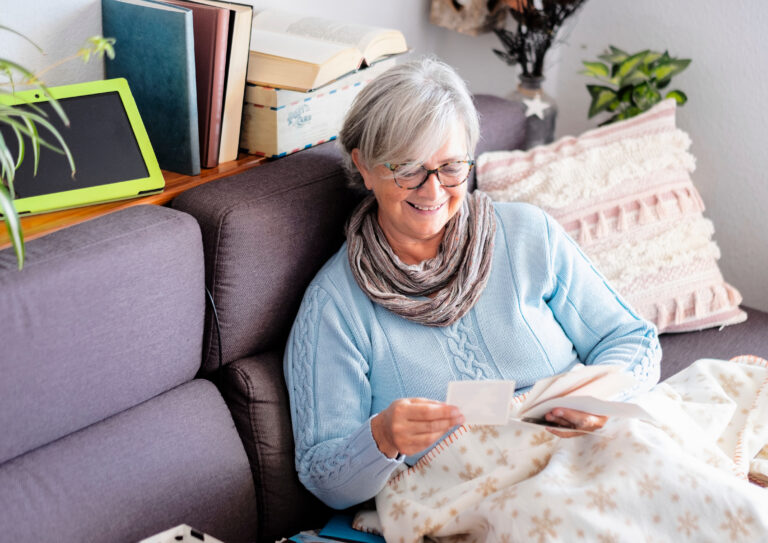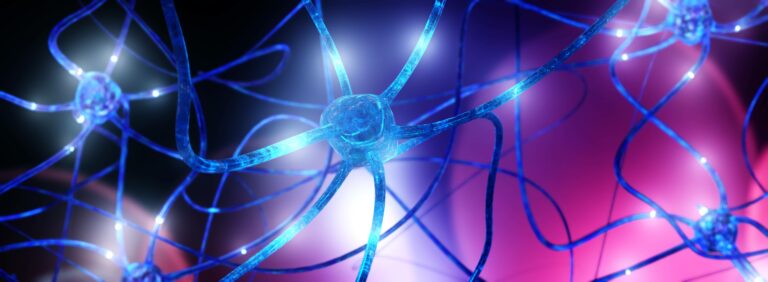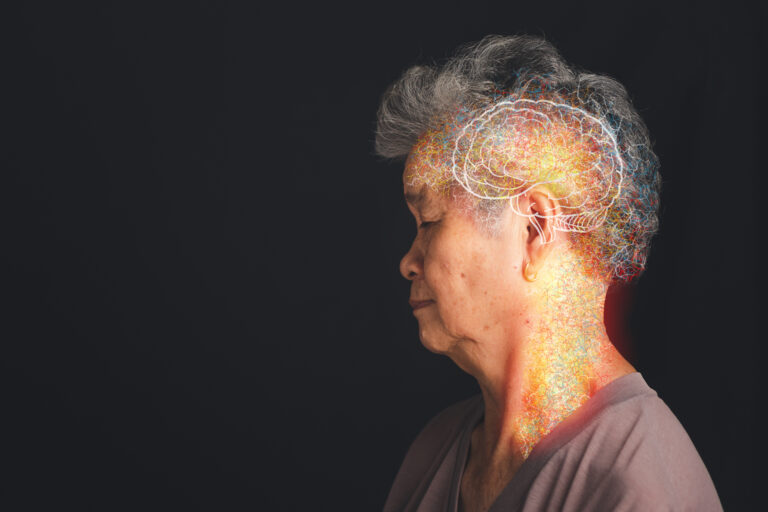Dementia is a progressive disease that affects the brain and causes a decline in cognitive abilities. It commonly affects older adults, with women being at a higher risk than men. As we age, our brains undergo changes that can make us more susceptible to developing dementia. However, it is important to note that experiencing occasional forgetfulness and memory lapses is a normal part of aging and does not necessarily mean someone has dementia.
If you have noticed changes in an elderly woman’s behavior and are concerned about the possibility of dementia, it is important to be aware of the early warning signs. Early detection of dementia can lead to better management of symptoms and improved quality of life for both the patient and their loved ones.
Memory loss is one of the most common signs of dementia in older adults. It goes beyond occasional forgetfulness and includes difficulty remembering recent events or conversations, asking the same questions repeatedly, and relying heavily on memory aids such as notes or reminders. Pay attention to how frequently these memory lapses occur and whether they affect the daily life of the person.
Another noticeable sign is changes in language and communication skills. This can manifest as difficulty finding the right words, using incorrect words, or having trouble following a conversation. The person may also struggle with understanding written or spoken instructions and may have difficulty expressing their thoughts clearly.
As dementia progresses, individuals may also experience changes in their mood and behavior. They may become irritable, agitated, or apathetic, and may have sudden mood swings or unexplained outbursts of anger. They may also withdraw from social activities and become increasingly isolated.
In addition to these behavioral changes, there may also be physical symptoms such as difficulty with coordination and motor skills, making everyday tasks like getting dressed or eating more challenging. They may also experience confusion about time and place, becoming disoriented even in familiar surroundings.
One of the most significant warning signs of dementia is a decline in executive functioning. This includes the ability to plan, organize, and make decisions. You may notice that the elderly woman is struggling to manage her finances, follow a recipe, or complete familiar tasks that require multiple steps.
If you are concerned about an elderly woman showing signs of dementia, it is important to consult a doctor for a proper diagnosis. There is no single test to diagnose dementia, and a comprehensive evaluation may include medical history, physical examination, blood tests, and brain imaging.
While there is no cure for dementia, early diagnosis can help with managing symptoms and slow down the progression of the disease. Treatment plans may involve medication to alleviate symptoms, cognitive therapy to improve memory and thinking skills, and lifestyle changes such as regular exercise and a healthy diet.
In addition to seeking medical help, it is essential to provide emotional support to the person. Dementia can be a frightening and confusing experience for both the patient and their loved ones. It is crucial to be patient, understanding, and provide a safe and comfortable environment for the individual.
In conclusion, dementia is a prevalent disease among older adults, and women are at a higher risk. Knowing the early warning signs can help with early detection and management of symptoms. If you are concerned about an elderly woman showing signs of dementia, consult a doctor for proper diagnosis and support. Remember to be patient, empathetic, and supportive throughout the journey of managing dementia.





